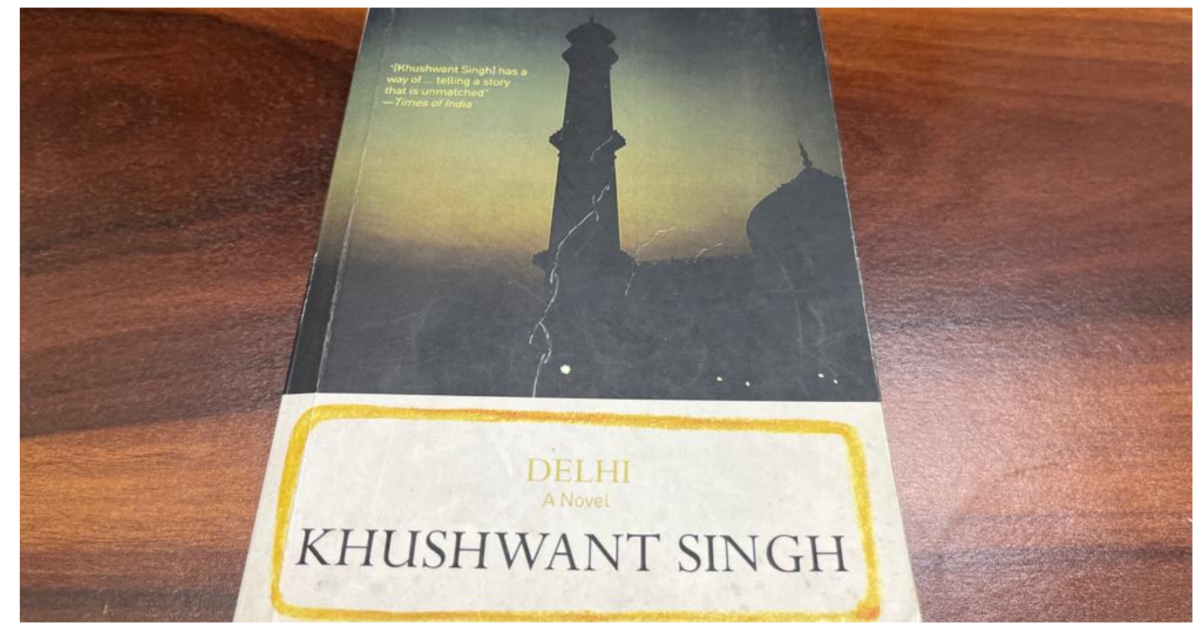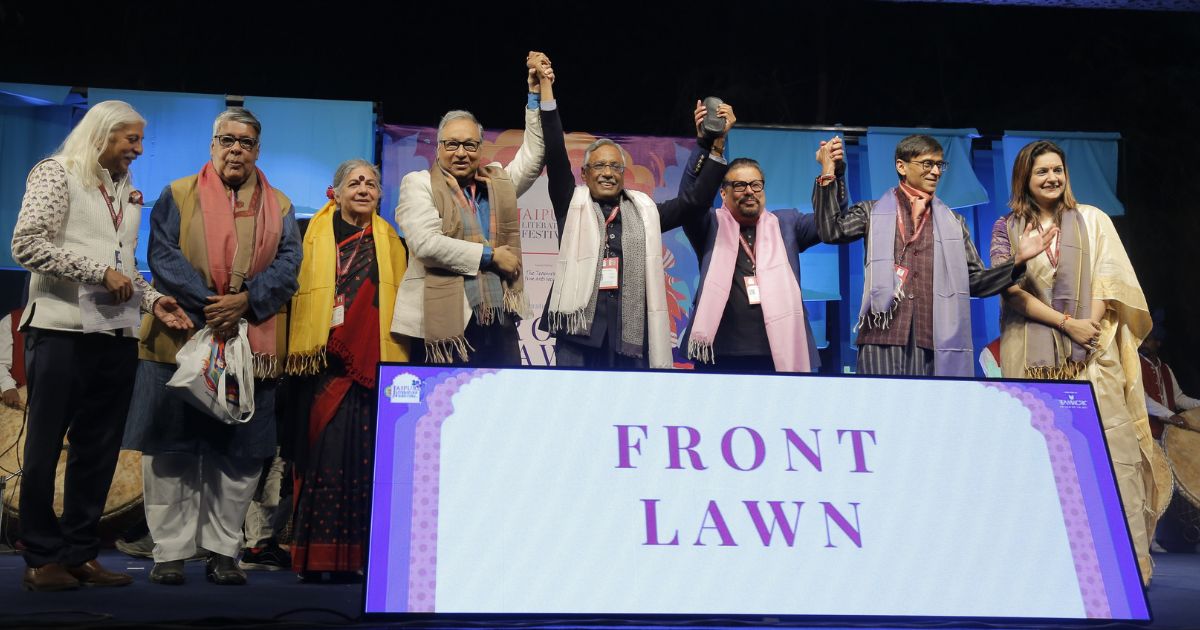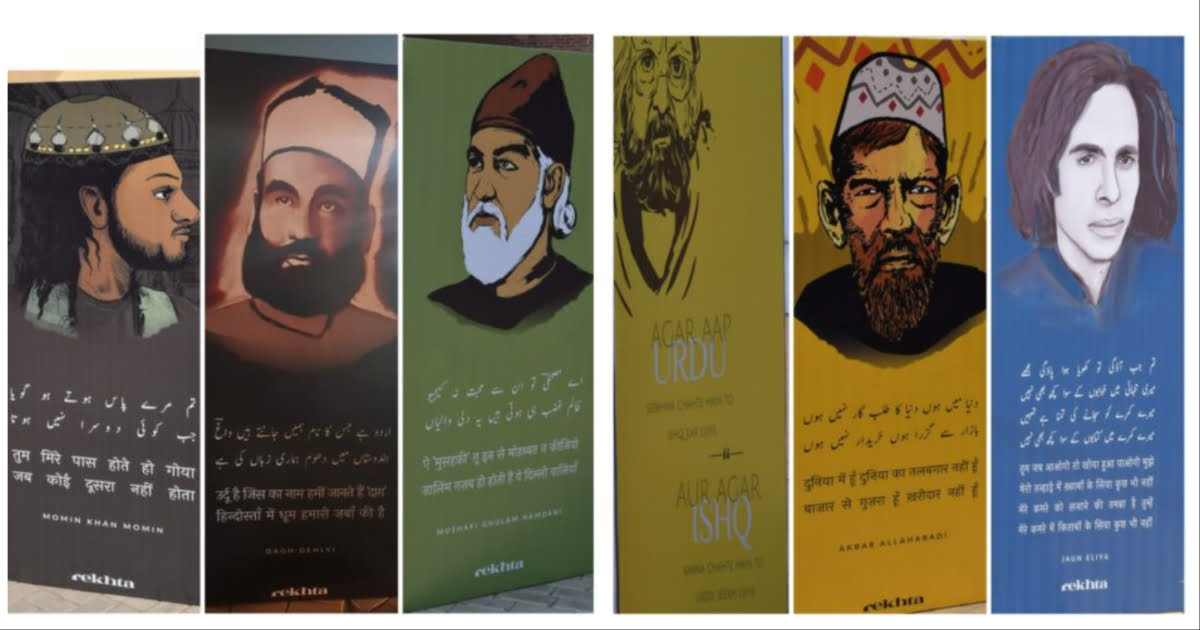Book review | Pakistan at the Helm by TILAK DEVASHER
Pakistan as a nation was born after the Second World War during the twilight years of the British Empire. The nation culminated to fulfill the dream of a Muslim identity, a cause which propagated after the decimation of the Mughal Empire, as India was increasingly identified as a Hindu nation. Tilak Devasher’s Pakistan at the Helm is a wonderful account of this nation.
There are many books and unlimited literature available on the birth of Pakistan. They talk about how it transitioned in the turbulent era of the 1940s under the stewardship of various leaders, its success and failings. But rarely has any book dared to gamble so effectively on this aspect of subcontinental history to such accolades as Devasher’s account.
Writing on Pakistan has always been a tricky affair. It is like navigating choppy waters with no respite in sight. It required the literary skills of Devasher to come up with such articulate detailing of a very sensitive and complex subject.
The book gives a neat character assessment of all the towering personalities who were pulling all the strings of Pakistan’s destiny. It starts with the suave Mohammad Ali Jinnah, who felt that Pakistan was a result of his individual efforts. However, Devasher points out that Jinnah himself was shabbily treated in the final years of his life. This germinated seeds of future mistreatment for top civilian leadership by army brass, which made Pakistan’s drive to a destination called Democracy very hazardous.
The author documents that Pakistan’s civil leadership and army made strange bedfellows. The army was never comfortable with the charismatic Zulfikar Ali Bhutto, and rightly so after his backstabbing of Ayub and Yahya Khan. His mistreatment of other senior army officials also made him a pariah for the military.
The great hope of Pakistan’s masses after a string of military dictatorships was quickly dashed due to his authoritarian streak. The book discusses many topics: how Ayub failed to portray Pakistan as a front line progressive and industrialized nation; Yahaya’s incompetence- and vice-ridden lifestyle; Bhutto’s plotting and counter-plotting agendas and his arrogance, which all led him to the gallows; General Zia’s disastrous era which only pursued Islamic drive and nuclear ambitions; the rise and fall of generation next politicians like Benazir Bhutto and Nawaz Sharif; and the modern version of General Zia, Pervez Musharraf, who liked to show himself as Pakistan’s Kemal Ataturk.
Backed by historical facts, the writer convincingly portrays that democratic forces in Pakistan have always been craving to break the shackles of deep state; the lava inside them has been gaining momentum, getting ready to explode like a volcano.
The writer emphasizes that the crux of the problem is that masses in Pakistan had a very limited choice. The civilian leadership was always fraught with corruption, nepotism, and maladministration. Corruption is the Achilles’ heel of Pakistan’s politicians. The army always took advantage of this factor and deprived citizens of their most fundamental right—the right to vote—on the pretext of cleaning the system.
Devasher also dwells on the wars fought by Pakistan against India and how the army tried to misguide the people by giving fictitious accounts of Pakistan’s victory. Despite the clear writing on the wall, the army always indulged in confrontation under the impression that Indians would not or could not fight back. The main reason for Pakistan’s army’s failure to turn into a well galvanized fighting unit is that most of the time its top brass is busy planning ways to checkmate the already pliant civil administration.
The book also covers some aspects of Jinnah’s marriage to the much younger Ruttie. They loved each other but realized that their union was not a good idea. The turbulence in Jinaah’s life after Ruttie’s demise gives a rare glimpse of the emotional side of his personality.
This is one of the best works to find out how leaders on the course of becoming statesmen ended up being mere mortals, how corrupt and opportunistic leadership failed a young nation from its very outset. It gives a clear idea that the element of discontent, deep rooted frustration, and sectarian conflicts are what comprise today’s Pakistan. One can imagine that Jinnah would now be a restless soul.
This is an easy and well-researched read about a country which generates both feelings of affection and abhorrence in every Indian.
By guest contributor Sachin Arora.




